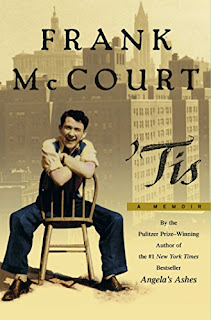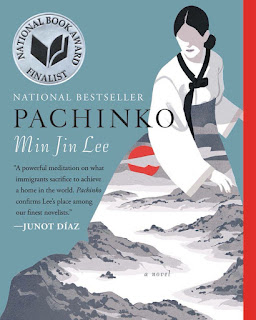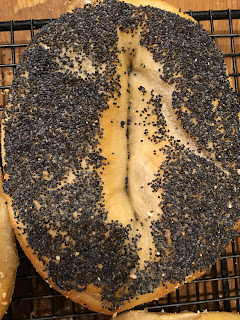'Tis by Frank McCourt *** (of 4)

Frank McCourt's first book, Angela's Ashes , recounted his impoverished childhood in Ireland. His mixture of pathos, humor, and superlative Irish story telling put readers in peels of laughter and tears of despair. Angela's Ashes won the Pulitzer Prize. 'Tis begins with McCourt's introduction to adulthood as a very young immigrant in New York City. With an impeccable eye for the sights of 1940s New York, a nose for the city's smells, and an ear for the voices of other working class immigrants of Greek, Italian, and Caribbean origin, McCourt again paints a picture of his conflicted past, this time American. New York in the 1940s and 1950s comes alive as a city pulsing with opportunity and breathtaking racism. As McCourt works his way up the economic ladder from bellhop to school teacher you can feel his imposter syndrome, root for his advances, and suffer the indignities of what feels like an insuperable class divide. Frank McCourt can spin yarns chapter aft...





